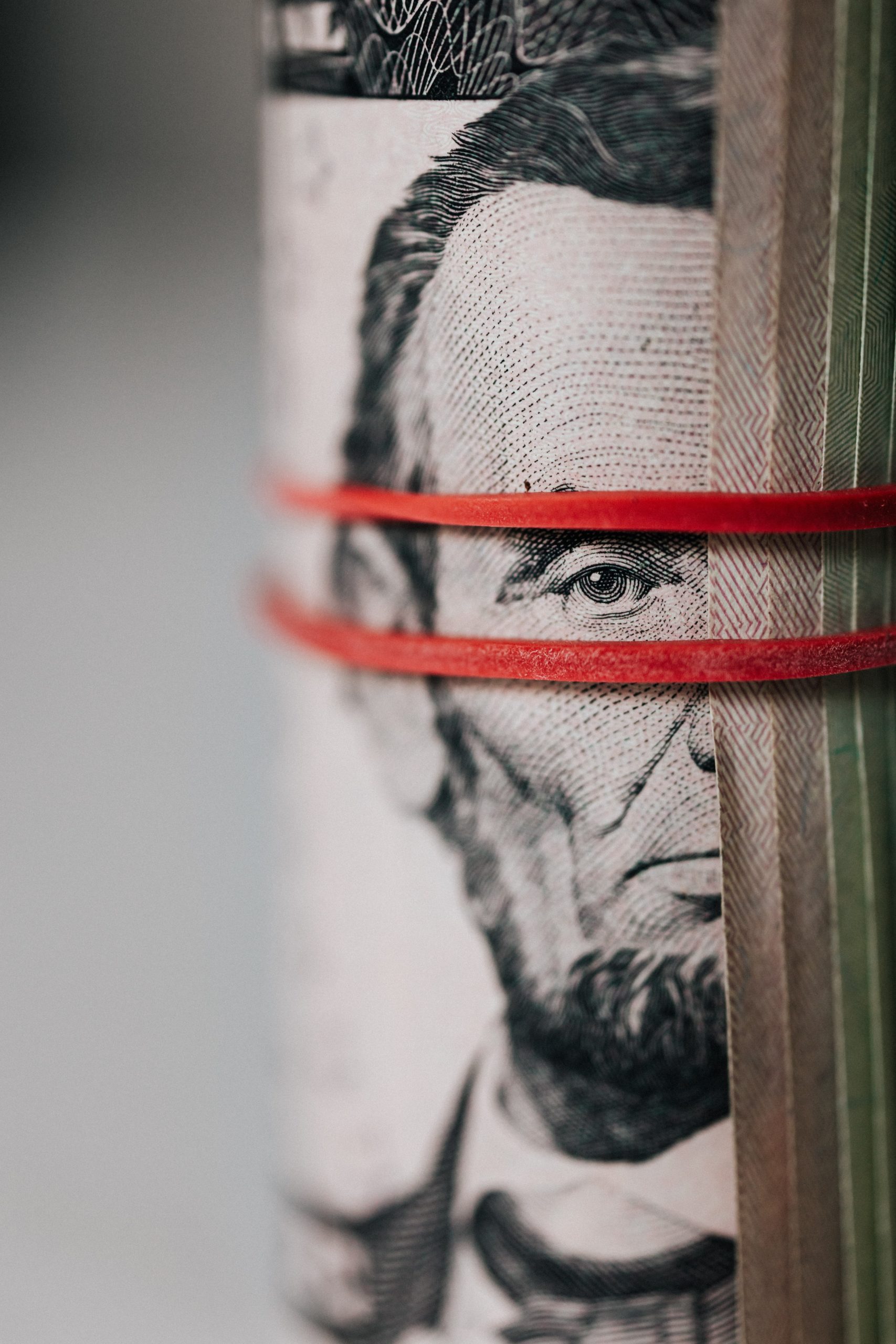Where are the LIBOR cases against US banks?

That is the question posed by Bloomberg News Jonathan Weil today. We don’t usually expect Bloomberg commentators to sound so much like plaintiff’s lawyers, but here is his point:
It would look awfully strange if the U.S. government wound up targeting only foreign banks as part of its investigation into the manipulation of the London interbank offered rate. It’s too soon to say if that will be the end result. But time is marching quickly.
Wow. Bloomberg News, a big financial source calling out the U.S. government and asking for more prosecutions of U.S. Banks? Maybe next the U.S. Chamber of Commerce is going to support lifting all caps on torts and requiring punitive damages.
This is all about the “LIBOR” or London Interbank offered rate. That formerly obscure financial term “is the interest-rate benchmark used in hundreds of trillions of dollars’ worth of financial contracts, from derivatives to mortgage loans. It is based on daily surveys of large banks about their borrowing costs.” According to Bloomberg.
Apparently there were a lot of traders playing games to rig this rate for a while, and since so much money was riding on it if traders were on the inside they could make a lot of money. So far U.S. banks have avoided liability and prosecution by the Justice Department, there are no civil charges against them on the record. This particular Bloomberg post notes criminal charges against a Former UBS and Citicorp employee for his involvement in LIBOR rate deals. So far, however, that has not led to a civil case filed or reported about against the Big US banks.
Anything is possible. Despite one traders’ connection to US Banks, it may be that this area of financial manipulation is not something home grown financial institutions pursued. It is after all the London Interbank offered rate.
Bloomberg’s author Mr. Weil seems unsatisfied though. We can’t know, now of course what the government is doing in this matter. If, for example, somebody filed a Securities and Exchange Commission qui tam case against a financial institution that case would take time for the SEC to investigate. It may even be that foreign securities regulators found out about this well in advance and now both whistleblowers and government officials are playing catch up. Given this level of interest, we certainly hope that any whistelbower with legitimate information would take advantage of the new SEC qui tam provisions to report LIBOR fraud and get a share of any potential recovery.
The article makes the case that U.S government officials have at least been willing to go after foreign banks for his kind of fraud:
A year ago this week, London-based Barclays Plc (BARC) cut a $160 million nonprosecution agreement with the U.S. Justice Department and became the first bank to admit to falsifying its Libor submissions. Two other European banks — Zurich-based UBS AG (UBSN) and Edinburgh-based Royal Bank of Scotland Group Plc (RBS) — have reached Libor-related settlements with U.S. prosecutors since then, each with much harsher penalties than Barclays got.
Is the last part of that paragraph a clue as to what is going on here? The first bank involved, Barclays, essentially pled out and then the next two banks have had to pay much more. If the Justice Department does not have evidence of any US Bank involvement in the LIBOR manipulation scandal fine, so be it. If they do have evidence against any bank, foreign or domestic, which is was also involved in this area of fraud, it stands to reason that time, and the settlements with the earlier accused banks, will only make the case stronger.
Stay tuned. We’ll bet there is more to come.













